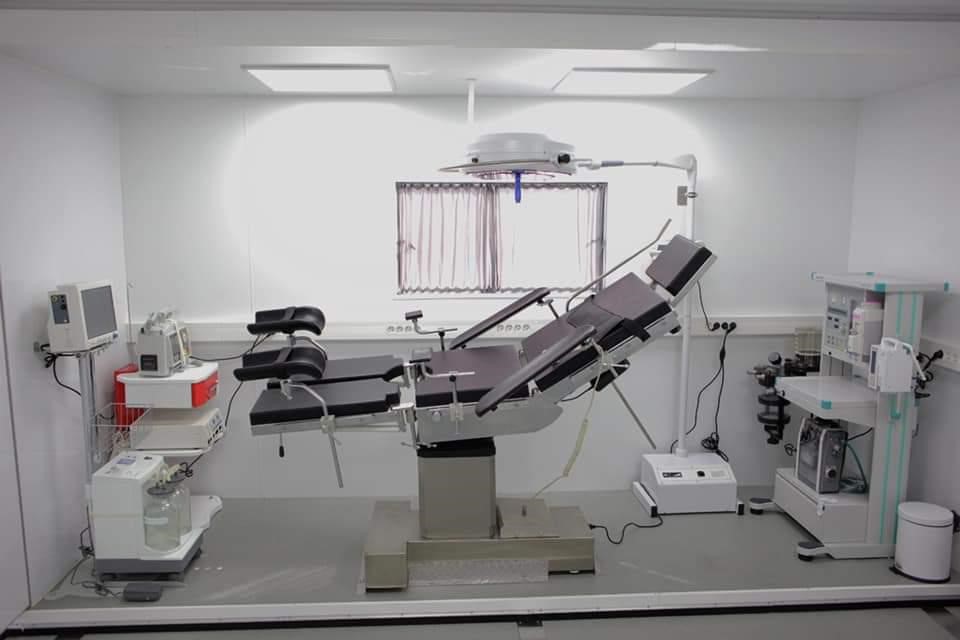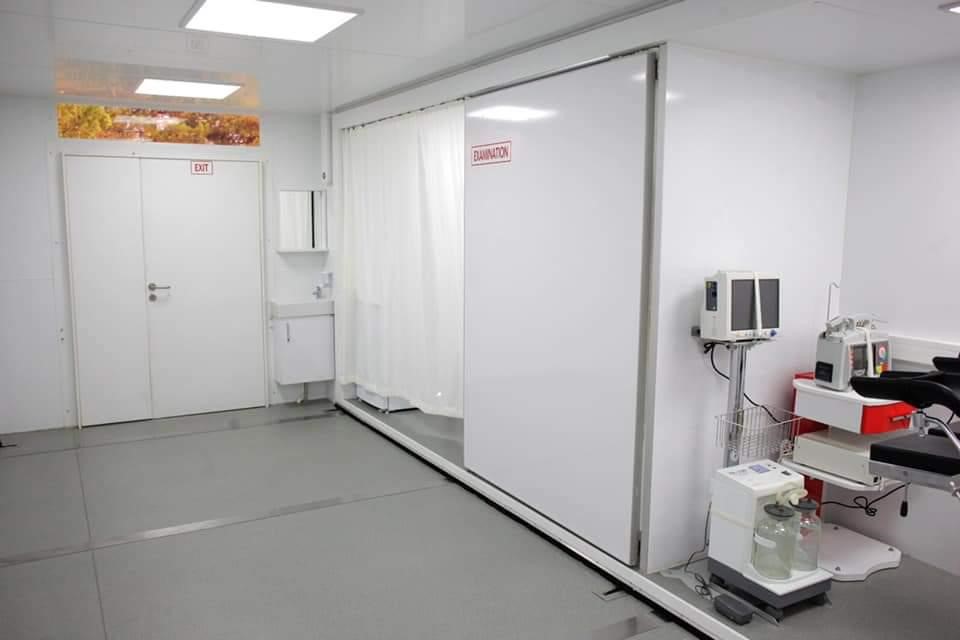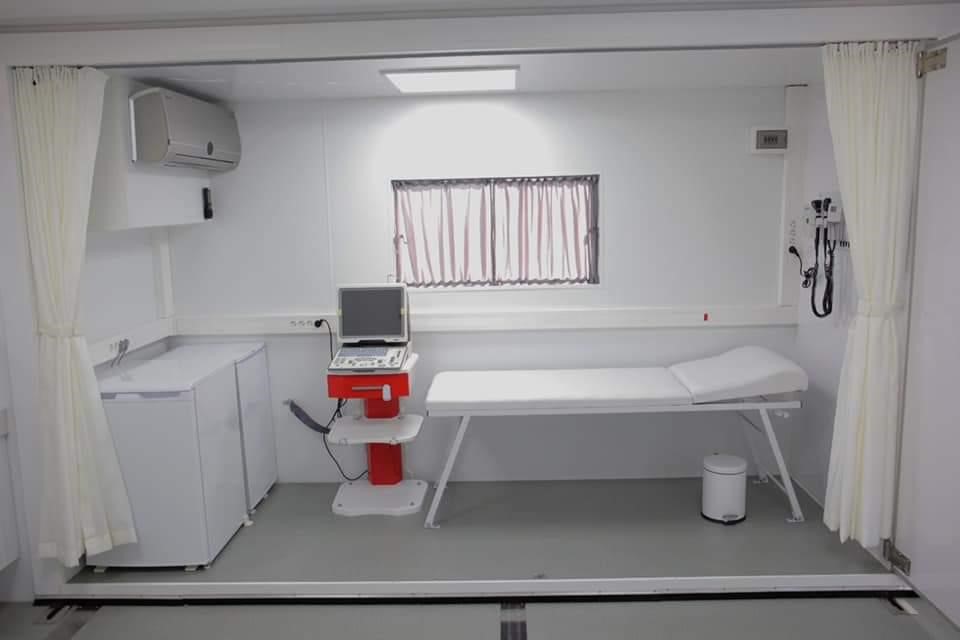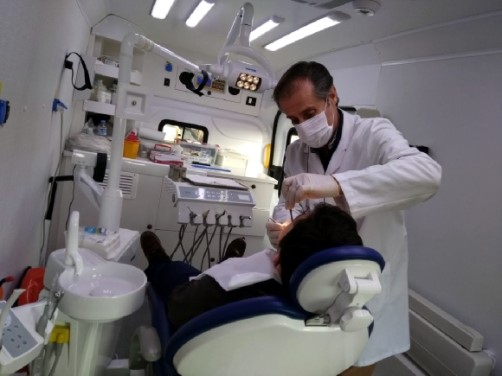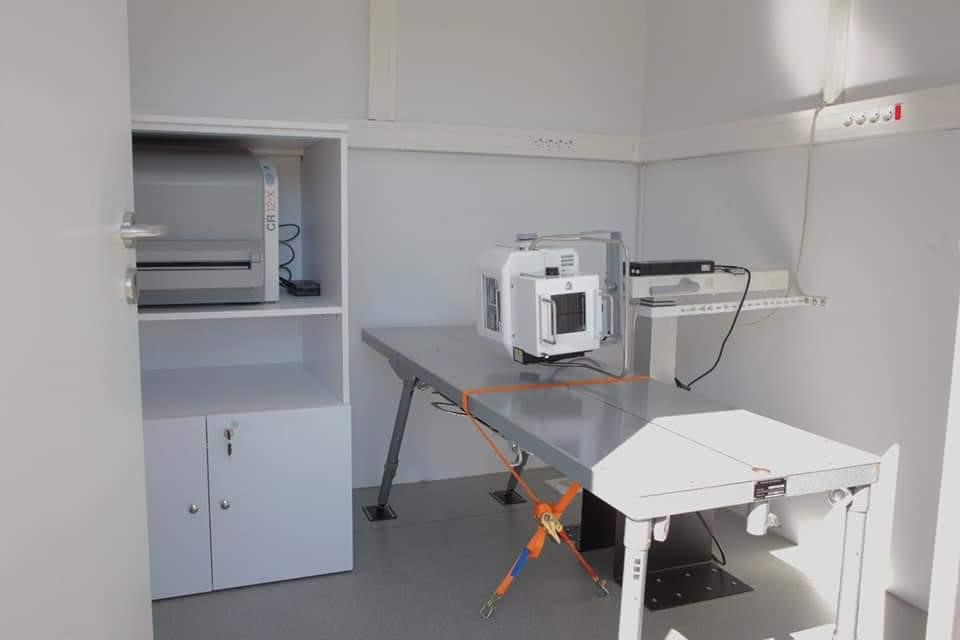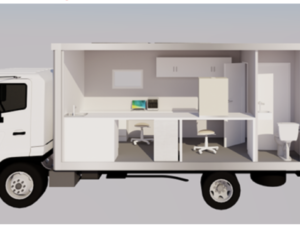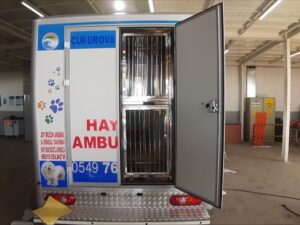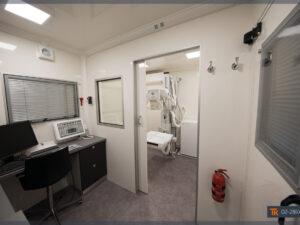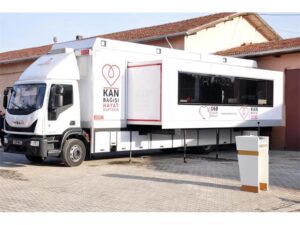Description
The demand for flexible, accessible, and rapidly deployable healthcare infrastructure is critical. Infinity Chassis Units is a premier engineering and manufacturing specialist, designing and building professional-grade mobile medical clinic and mobile health clinic solutions. We empower healthcare providers to transcend the limitations of traditional facilities and deliver vital services directly to communities.
Our comprehensive range of mobile clinic vehicles and containerized clinic units are engineered from the ground up to support a wide spectrum of services—from primary care and diagnostics to specialized treatment programs. Each unit is a fusion of robust vehicle engineering and clinical precision, creating a self-sufficient healthcare environment that upholds the highest standards of patient care, operational efficiency, and medical safety anywhere in the world.
Vehicle & Platform Options: Scalable Mobile Clinic Foundations
We provide a scalable portfolio of mobile healthcare platforms, ensuring every client receives a solution tailored to their patient volume, clinical scope, and logistical needs.
-
Van-Based Mobile Clinics: Engineered on reliable, maneuverable chassis like the Mercedes-Benz Sprinter and Ford Transit. Ideal for agile outreach, neighborhood health initiatives, and screening services. Fully customized to house essential medical equipment and consultation areas.
-
Bus-Based Mobile Clinics: Offer expansive, adaptable interiors for high-throughput operations. Perfect for large-scale vaccination drives, multi-disciplinary medical camps, or as a temporary outpatient department replacement. Features distinct waiting, consultation, and treatment zones.
-
Containerized Clinic Units: Built in 20ft and 40ft configurations for permanent, semi-permanent, or rapid-deployment in remote or post-disaster areas. These portable medical clinic modules offer unparalleled durability, are easily shipped, and can be combined to form larger medical complexes, delivering fixed-facility care globally.
Interior Design: Clinical Layout & Optimized Workflow
The interior architecture of an Infinity Mobile Clinic maximizes clinical efficiency and ensures impeccable infection control. Our design process, guided by healthcare workflow consultants, creates intuitive pathways that separate patient flow, staff movement, and bio-waste handling.
Standard layouts are intelligently zoned to include:
-
Secure reception and patient intake area
-
Private consultation rooms
-
Dedicated examination and treatment bays
-
Centralized nursing station
-
Procedure rooms with appropriate medical lighting and utilities
This deliberate spatial planning minimizes cross-traffic, reduces contamination risks, enhances staff productivity, and fosters a professional, calming environment for patients.
Medical Integration: Equipment & Cold Chain Management
A mobile facility is only as effective as its equipment. Our engineering team specializes in the seamless, secure, and compliant integration of medical devices.
-
Custom Integration: We design and fabricate custom mounting solutions for examination tables, diagnostic devices, ultrasound machines, and procedural carts, ensuring stability during transit.
-
Cold Chain Integrity: Critical for mobile health clinic operations, we install purpose-built medical refrigeration units for pharmaceuticals and vaccines. These feature dedicated, fail-safe electrical circuits and monitoring systems to maintain strict cold chain temperature parameters at all times.
Clinic Environment: Medical-Grade HVAC & Hygiene Control
Maintaining a controlled, clean, and safe clinical atmosphere is paramount. Our units are equipped with integrated, advanced systems:
-
Medical-Grade HVAC: Provides independent, precise temperature control for patient comfort and equipment operation.
-
Advanced Air Filtration: Often incorporates HEPA filtration to manage airborne particulates, pathogens, and allergens, protecting immunocompromised patients and staff.
-
Cleanable Surfaces: We utilize cleanable antimicrobial wall & floor surfaces throughout clinical areas. These non-porous, seamless materials resist microbial growth and withstand rigorous disinfection with hospital-grade agents.
Self-Sufficient Operations: Power, Water & Electrical Systems
Operational autonomy defines our Mobile Clinic designs. Each unit is an independent utility hub engineered for reliability.
-
Power Management: Built around high-capacity battery banks, pure sine wave inverters, and an automatic transfer switch. An onboard diesel generator provides extended off-grid capability. An Uninterruptible Power Supply (UPS) safeguards sensitive medical electronics.
-
Water Systems: Engineered with separate, adequately sized freshwater and grey/wastewater tanks to support clinical sinks, hand hygiene stations, and basic sanitation.
These robust systems guarantee consistent, uninterrupted service in any environment, from urban settings to remote field locations.
Compliance & Safety: Healthcare Standards & Certification
Infinity Chassis Units engineers every mobile clinic for sale with a fundamental commitment to regulatory compliance and patient safety. Our designs adhere to international standards for medical facilities and mobile vehicles.
We prioritize:
-
Structural integrity and crash-safe equipment anchorage
-
Fire-retardant materials
-
Electrical systems that prevent interference with medical devices
We provide exhaustive technical documentation and engineering certifications to serve as the foundation for local healthcare authority approvals, simplifying the compliance process for our clients.
Applications: Mobile Clinic Uses & Deployment Scenarios
Our versatile platforms serve critical roles across the global healthcare ecosystem:
-
Public Health: Ministries of Health deploy our clinics for nationwide vaccination campaigns, disease screening, maternal/child health programs, and rural primary care extension.
-
Hospitals & Networks: Used as satellite outpatient centers, mobile diagnostic units, or to decongest main facilities.
-
Humanitarian Aid: NGOs rely on our portable medical clinic solutions for humanitarian crises, refugee camp healthcare, and long-term medical missions.
-
Private Sector: Private clinic operators leverage units for corporate wellness, occupational health screenings, and expanding market reach with specialized services.
-
Education & Research: Universities employ them for community health research and student training.
Global Service: Turnkey Delivery, Installation & Support
As an export-oriented manufacturer, we provide complete turnkey export & setup support and global delivery & installation.
Our end-to-end service includes:
-
Professional crating for international shipping
-
Comprehensive freight and customs documentation assistance
-
Coordination with local agents
-
Optional on-site installation supervision and system commissioning
-
Comprehensive operational training for clinical and driver staff
We ensure your Infinity Mobile Clinic arrives fully functional and ready to begin serving patients immediately.
Frequently Asked Questions (FAQ) About Mobile Clinics
What clinical services can a mobile clinic support?
Our clinics are highly adaptable and can be configured for a wide range of services, including primary care, diagnostics (vitals, ECG, ultrasound), vaccination programs, minor procedures, dental care, ophthalmology, women’s health, and chronic disease management.
How is telemedicine managed in a mobile clinic?
We design clinics with integrated telemedicine & data connectivity solutions. This includes pre-wiring for satellite internet, cellular boosters, secure Wi-Fi, and designated workstations for secure video consultations and real-time data transmission.
How long can a clinic operate off-grid?
Off-grid endurance depends on the equipment load. Systems are typically designed for 8-12 hours of operation on battery power, with the onboard generator providing indefinite extension. We size all components based on your specific operational profile.
Can containerized clinics connect to municipal utilities?
Yes. While designed for complete autonomy, our containerized clinic units include the necessary inlets and connections to tie into existing municipal water, sewer, and electrical grids for cost-effective, long-term fixed-site deployment.
What is the typical lead time for a project?
Lead times vary based on the platform and customization level. A standard van conversion may take several months, while a complex bus or container clinic requires a longer timeline. A detailed project schedule is provided upon specification finalization.
What after-sales support is available?
We offer a comprehensive warranty, detailed operational manuals, and remote technical support. We can facilitate a global network of service partners for chassis and generator maintenance, ensuring the long-term reliability of your mobile healthcare asset.

